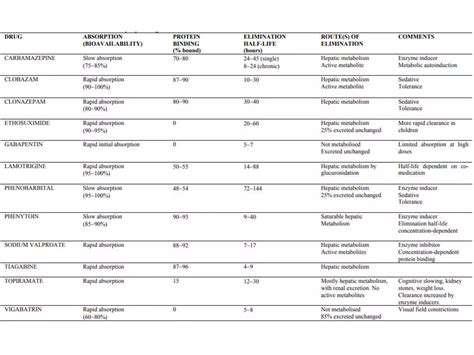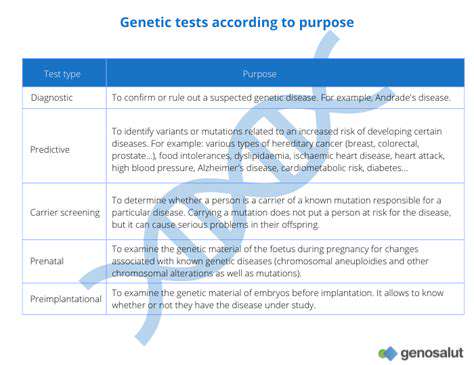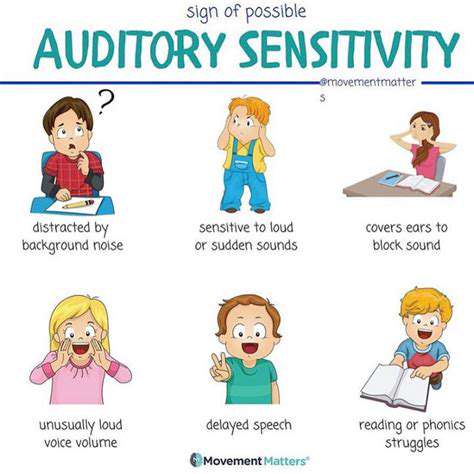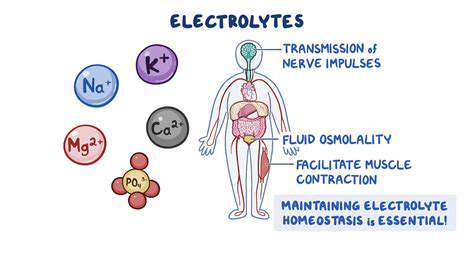Migraine
Brain Fog
Cognitive Impairment
Headache Disorders
HTML
Styling
CSS
فهم الضباب الدماغي المرتبط بالصداع النصفي
استراتيجيات وحلول
في حين لا يوجد علاج واحد للضباب الدماغي الناتج عن الصداع النصفي، إلا أن هناك استراتيجيات متنوعة يمكن أن تساعد في التخفيف من تأثيره. الحفاظ على نمط حياة صحي أمر بالغ الأهمية. وذلك يشمل اتباع نظام غذائي متوازن غني بالفواكه والخضروات والبروتينات الخالية من الدهون، والحصول على كمية كافية من الماء، وممارسة الرياضة بانتظام. إدارة التوتر من خلال تقنيات الاسترخاء
الرابط بين الصداع النصفي وضعف الإدراك
تأثير الصداع النصفي على الوظائف الإدراكية
صداع النصفي أكثر من مجرد ألمٍ حادٍّ في الرأس؛ فهو قد يؤثر بشكلٍ كبير على الوظائف الإدراكية، مما يؤدي إلى مجموعة من الصعوبات في المهام اليومية.
Read more about فهم الضباب الدماغي المرتبط بالصداع النصفي
الأسباب والأعراض والعلاجات ومتى يجب طلب المساعدة. يمكن أن تنشأ آلام الرأس في الجانب الأيسر من حالات متنوعة ، بما في ذلك الصداع الناتج عن التوتر ، والشقيقة ، والصداع العنقودي. من الضروري التمييز بين هذه الأنواع من الألم لتحديد العلاج الفعال. الأسباب الشائعة - صداع التوتر: غالبًا ما يرتبط بالتوتر ، ويمكن أن تسبب هذه الصداع ألمًا باهتًا ومستمرًا. - الشقيقة: يتميز بألم شديد ونابض ، وعادة ما يصاحبه غثيان وحساسية للضوء. - الصداع العنقودي: شكل نادر ولكنه حاد من الصداع يحدث عادةً بنمط دوري. - العدوى الجيوبية واضطرابات TMJ: يمكن أن تسبب أيضًا آلامًا موضعية. الأعراض المصاحبة يمكن أن تختلف الأعراض ، لكنها غالبًا ما تشمل ألمًا حادًا أو نابضًا ، وغثيانًا ، وحساسية للضوء. يمكن أن يوفر تحديد الأعراض المصاحبة أدلة حيوية للتشخيص ، وتوثيق الأنماط يمكن أن يساعد المتخصصين في الرعاية الصحية. العلاجات المنزلية يمكن غالبًا العثور على الراحة من خلال العلاجات المنزلية مثل: - الكمادات الباردة أو الدافئة: فعالة في تخفيف التوتر. - الراحة في غرف مظلمة وهادئة: يساعد في تقليل الانزعاج. - الترطيب: أساسي للوقاية من الصداع المرتبط بالجفاف. - تقنيات الاسترخاء: يمكن أن تساعد تقنيات مثل التنفس العميق في تقليل مستويات التوتر. متى تطلب المساعدة الطبية من الضروري طلب المساعدة الطبية إذا كنت تعاني من ألم شديد ومفاجئ ، أو أي أعراض مقلقة مثل تغيرات في الرؤية أو ارتباك. إن الصداع المزمن الذي يؤثر على حياتك اليومية يتطلب أيضًا تقييمًا احترافيًا. للحصول على رؤى شاملة حول كيفية التعرف على الأعراض ، وتنفيذ العلاجات ، والتعرف على متى يجب البحث عن المساعدة المهنية ، استكشف دليلنا التفصيلي حول إدارة آلام الرأس في الجانب الأيسر.
Oct 10, 2024
مقارنة أنواع مختلفة من أدوية الصداع النصفي الوقائية
May 26, 2025
دور مستشاري علم الوراثة في الصداع النصفي العائلي
May 31, 2025
توقف التنفس أثناء النوم وآلام الرأس الصباحية: رابط مهم
Jun 02, 2025
المحفزات البيئية: حساسية الضوء والصوت والرائحة
Jul 01, 2025
صداع النصفي مقابل الصداع: فهم الاختلافات الرئيسية
Jul 02, 2025
دور توازن البوتاسيوم والصوديوم في الصداع النصفي
Jul 09, 2025
مقارنة أجهزة تعديل الأعصاب لعلاج الصداع النصفي
Jul 16, 2025
إدارة وصمة عار الصداع النصفي في المواقف الاجتماعية
Jul 19, 2025
أهمية الصبر في إيجاد العلاج المناسب للصداع النصفي
Jul 26, 2025










